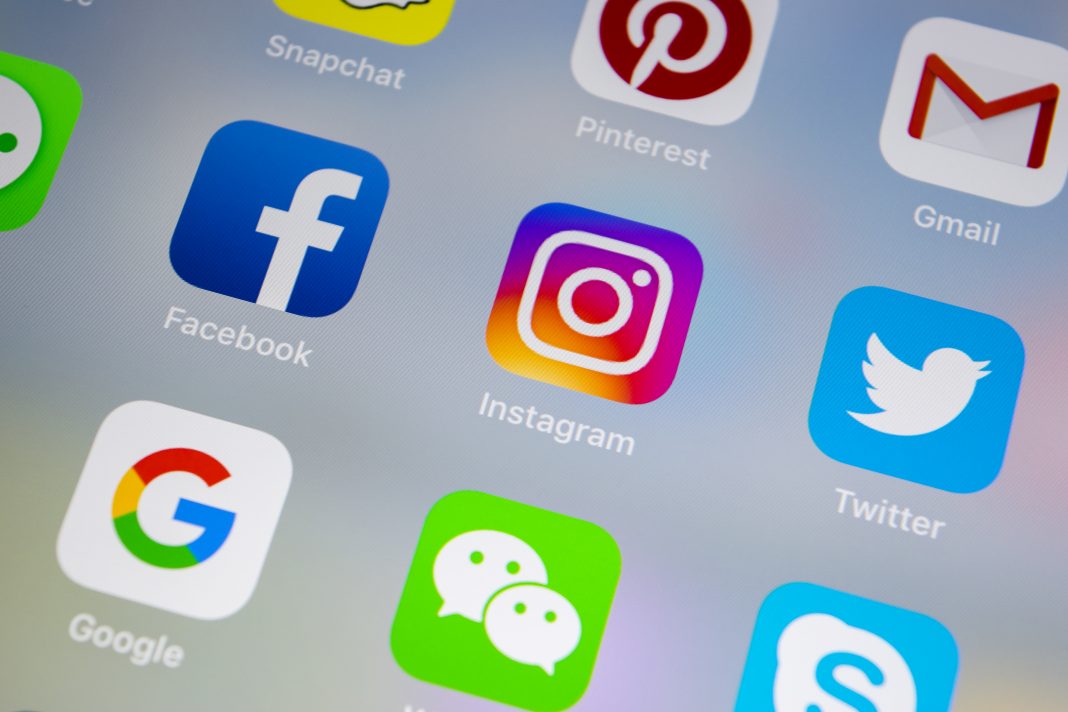The Joint Human Rights Committee accused Facebook and Twitter of failing to do enough to protect female MPs and other public figures from online abuse during an evidence session yesterday (1 May)
Online safety is a crucial issue of regulation that is unfolding in the UK right now. We are in the wake of the ideologically solid Online Harms white paper, the applauded but doubted “porn ban” plans for July, and questions of cybersecurity arising in the NHS as it moves online.
So we have to ask the question: has hate crime moved online more intensively and discreetly than regulatory frameworks can move?
In the session yesterday, the policy representative for Twitter was Katy Minshall, who faced a strong and unrelenting line of questioning from Baroness Hamwee. The Baroness showed examples of violent imagery depicting a death threat, which when flagged by the journalist receiving it, was regulated by Twitter as “part of a larger conversation.”
Minshall appeared to have had this particular tweet deleted the night before the hearing was due to take place after prominent MPs and journalists had echoed concerns about it. The tweet in question was a violent comment against a type of feminism which is transphobic.
. @HumanRightsCtte: Some MPs have said they are unwilling to continue in role due to abuse. @facebook & @Twitter: Social media is generally force for good but there are tensions which we need to work through. It would be awful if people didn’t want to stand because of abuse pic.twitter.com/oAhcUWEe4k
— UK Parliament Human Rights Committee (@HumanRightsCtte) May 1, 2019
Amnesty International has been documenting the worryingly high levels of abuse that exists on social media platforms since 2017 and exposed how women in high profile positions often face violent or misogynistic abuse.
It welcomed the intervention but said social media companies need to do more to make sure all women are safe to use their platforms.
The study, conducted with Element AI – a global artificial intelligence software product company – found that of the 778 women surveyed:
- Black women were disproportionately targeted, being 84% more likely than white women to be mentioned in abusive or problematic tweets. One in ten tweets mentioning black women was abusive or problematic, compared to one in fifteen for white women;
- 7.1% of tweets sent to the women in the study were problematic or abusive. This amounts to 1.1 million tweets;
- Black and minority ethnic women were 34% more likely to be mentioned in abusive or problematic tweets than white women;
- Online abuse against women cuts across the political spectrum.
Politicians and journalists faced similar levels of online abuse and we observed both liberals and conservatives alike, as well as left and right-leaning media organisations, were affected.
Chiara Capraro, Amnesty International’s Women’s Human Rights Programme Manager, said:
“It’s welcome to see the Joint Human Rights Committee taking a serious stand against the failings of social media companies to protect women MPs and other public figures from the horrifying levels of abuse that they face.
“Amnesty’s research has shown that the online space has become a new frontier for human rights abuses to play out. On Twitter the issue is endemic, with an MP or journalist being subject to abuse every 30 seconds.
“High profile women are often particular targets, but this is a problem that extends far beyond the walls of Westminster. Online violence is happening on a scale probably far greater than we know, but social media companies aren’t being transparent about the levels of abuse on their platform. This data is urgently needed if the problem is going to be tackled properly.
“Social media companies must do more to ensure that all women – especially black, minority ethnic and LGBTI women – are safe to use social media without fear of being trolled or receiving harmful abuse.”
Amnesty’s research showed that during the UK’s 2017 election, online abuse affected Black, Asian and Minority Ethnic (BAME) women MPs far more than their white colleagues.
The 20 BAME MPs interviewed received almost half (41%) of the abusive tweets, despite there being almost eight times as many white MPs in the study. In December last year, the results of a ground-breaking study by Amnesty revealed that women politicians and journalists from the UK and US received abuse every 30 seconds on Twitter.











